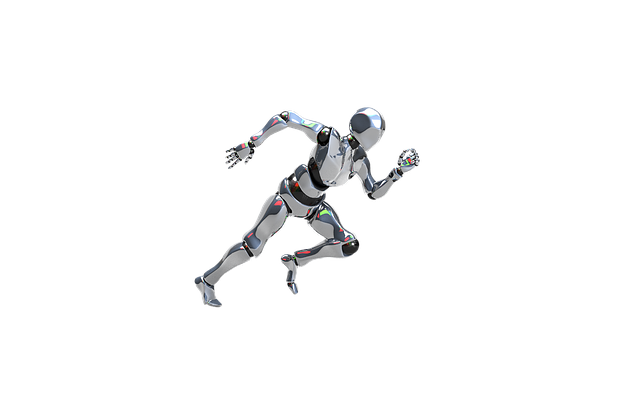As we stand on the brink of a technological revolution, one can’t help but marvel at the incredible progress made in the fields of robotics and artificial intelligence. Intelligent robots are no longer confined to the realm of science fiction; they are becoming an integral part of various industries, transforming the landscape of business automation. This shift is not just about enhancing productivity—it’s about adapting to a new era where human capabilities and machine efficiency work in seamless harmony.
Imagine walking into a manufacturing plant where robots efficiently assemble products with precision, all while communicating in real-time with their human counterparts. This is the reality we are starting to see as intelligent robots take on roles that were previously considered solely within the human domain. Companies are harnessing the power of these advanced machines to streamline operations, reduce costs, and improve overall efficiency.
At the heart of this transformation lies artificial intelligence. With sophisticated algorithms and machine learning capabilities, AI enables intelligent robots to understand their environment and make autonomous decisions. This allows them to adapt to various tasks and environments, ensuring that businesses can maintain agility in an ever-changing market. The ability of robots to learn and improve over time is redefining what automation means—no longer a simple replacement for human labor but a collaborator that enhances human potential.
Moreover, the rise of intelligent robots in business automation is not only about efficiency; it also addresses the growing demand for flexibility. As businesses face fluctuating consumer preferences and the need for personalized service, robots equipped with AI can swiftly adapt to these changes. They can analyze data, predict trends, and provide insights that empower companies to make informed decisions, ultimately leading to a better customer experience.
The embrace of intelligent robots comes with the promise of enhanced safety and reliability. In environments where human workers may face hazardous conditions, robots can take on risky tasks, thereby minimizing the chance of accidents and ensuring a safer workplace. This adaptation is particularly crucial in industries like construction and logistics, where physical demands and safety risks are significant.
As we forge ahead into this new era, it’s essential for businesses to foster a culture of acceptance and adaptation. Embracing the integration of intelligent robots into daily operations requires a shift in mindset—one that recognizes the potential of technology to augment human skills rather than replace them. Training programs that equip workers with the necessary skills to collaborate with robots will be vital for successful adaptation and maximizing the benefits of this technology.
In a world where change is the only constant, the rise of intelligent robots symbolizes a leap toward a future that thrives on innovation. With the right approach, businesses can harness the power of robotics and AI to not only automate processes but also create a more efficient and dynamic workplace. The future is here, and it is intelligent.



